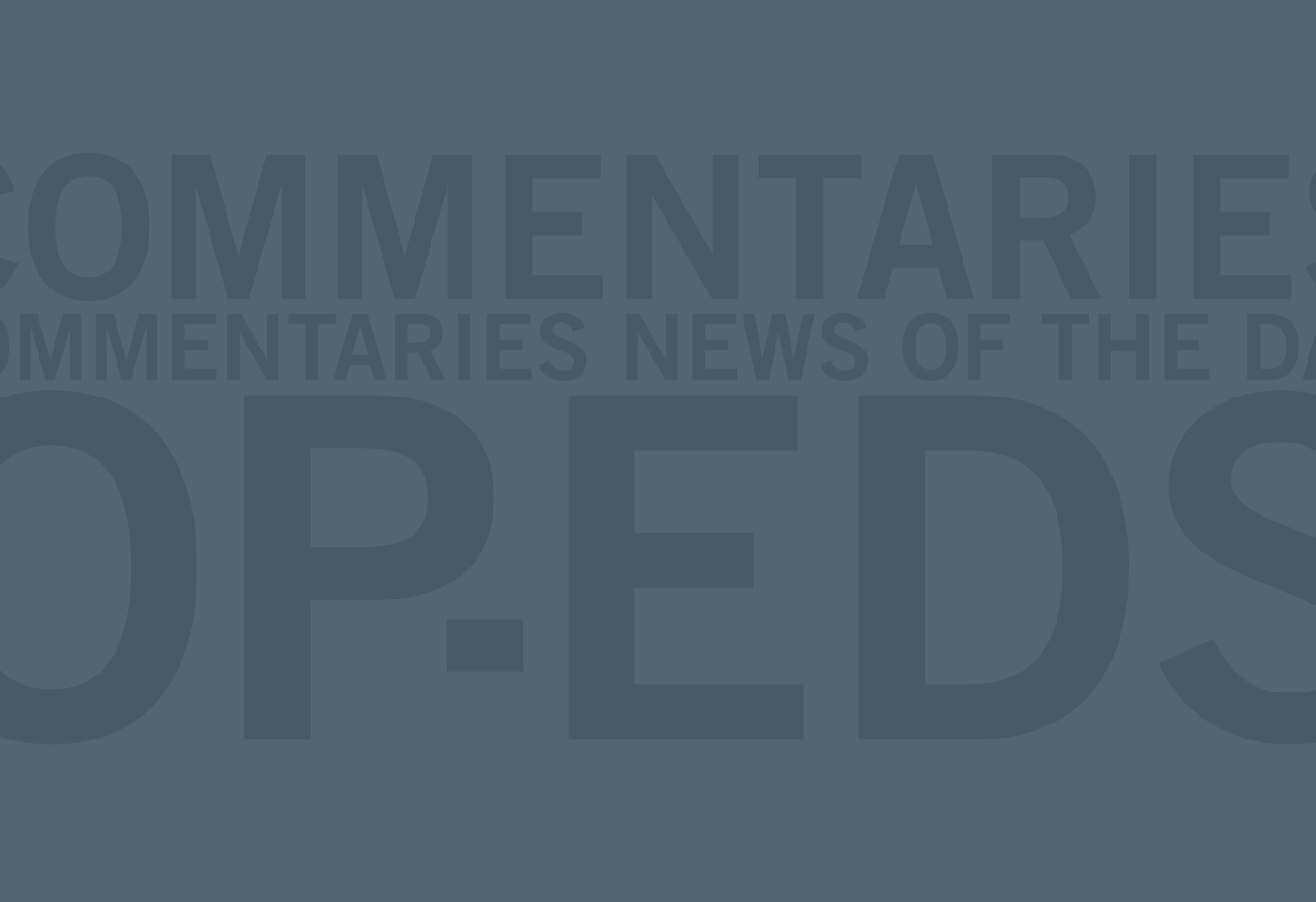By Carlo Dade and John Law
In the Globe and Mail
Nov. 24, 2014
In the coming federal election, headlines over pipelines, the environment, building bridges to Detroit, selling goods to Korea, China and Europe and the state of our economy will dominate. These are matters of immediate concern for every Canadian because they translate into jobs. But they are subtexts of the real story.
The issues all connect back to one thing – the state of our trade infrastructure. That’s really what the next election will be about.
From lobster fishermen in New Brunswick to farmers who rely on the Port of Metro Vancouver to Ontario auto parts manufacturers trucking goods across a bridge to the U.S., our ability to prosper as a nation, to fund our health care and education and social programs, depends on having a reliable, affordable and efficient way of getting goods to market. And yet at our own peril, an internal debate is raging over whether we should even allow some goods to be delivered at all.
We have become a country that is at war with itself.
The struggles include the fight to block the Keystone XL pipeline, the conflicts over the Building Canada stimulus program, the ability for farmers to deliver grain to a hungry world, and of course the constant confrontations on Northern Gateway, Energy East and liquified natural gas (LNG) in B.C. Each of these stories is about our infrastructure.
The internal war is quietly impoverishing the nation. The Canadian Chamber of Commerce estimates that our inability to build pipelines costs us $50 million a day in lost revenue. Canadian farmers lost an estimated $7.2-$8.3 billion because they were unable to fully move last fall’s record crop to market. If LNG terminals are blocked in British Columbia, it will mean an estimated $4-$8 billion in revenue for that cash-starved province. Meanwhile, waiting charges in B.C. ports averaged $750,000 a day last winter – money out of the pockets of Canadian grain companies and farmers.
Canada is, and has always been, an export nation. From beaver pelts in the earliest days to grain and now energy resources, we have made our living by supplying the world with the products they need and want.
Thirty cents of every dollar in our economy and one in five jobs is tied to exports. The quality of life that we enjoy, our ability to afford health care, education, all comes from our ability to move products to foreign markets.
And increasingly what is driving our trade is the movement of commodities. Although prices will always fluctuate, structural certainty of long-term demand is there. The rising global middle class, primarily in Asia, will grow from 1.8 billion consumers today to close to five billion over the coming decades.
Where we should see opportunity, instead there is conflict: between rail companies and farmers, between commodity producers and environmentalists, between those living in communities and those seeking to build in or near them. The resultant paralysis is costing us dearly.
A healthier conversation would be about how to move products in ways that minimize risk to the environment and provide the greatest public safety, and that do so efficiently, so our farmers, fishermen and other producers can compete in the world. To do so, industry, environmentalists, farmers and rail companies have to be on the same page.
Some of that has already started to happen. Ontario Premier Kathleen Wynne hosted a summit on infrastructure in August. This fall, the premiers of B.C., Alberta and Saskatchewan – the New West Partnership – brought together stakeholders from western Canada, including farmers and railroads. The federal government has also been active.
These first steps will help drive a national debate that gives direction to governments. And that is the next election, where platforms can be laid out, debated and mandated or rejected.
In 2013, Australia had a similar debate in its pursuit of prosperity through trade with Asia. It now has its first self-proclaimed infrastructure government led by a prime minister who proudly calls himself the country’s first Infrastructure PM.
An election has already been fought over infrastructure elsewhere; now it’s our turn.
Carlo Dade is the Director of Trade & Investment Policy at the Canada West Foundation. www.cwf.ca
John Law is President of Lawmark International, an infrastructure, logistics and supply management company. He is former CEO of the Saskatchewan’s Global Transportation Hub.
